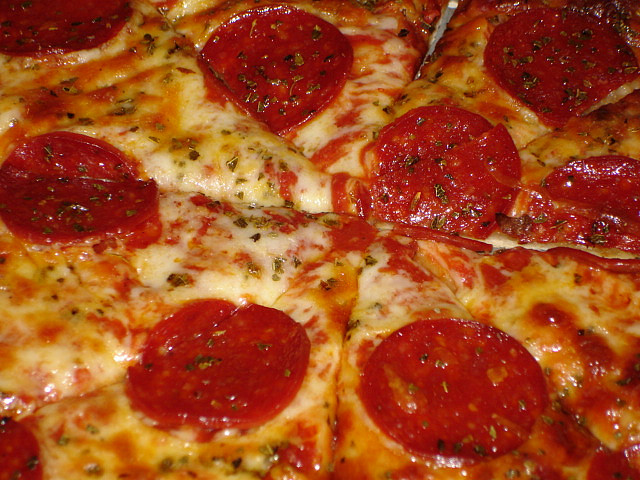The church of organic
 Monday, July 9, 2012 at 08:10PM
Monday, July 9, 2012 at 08:10PM A number of people forwarded me an article by Stephanie Strom that was published in the New York Times over the weekend, about the ongoing battle between organic purists and the increasingly powerful forces of Big Organic. The main character in the story is a man named Michael J. Potter, the head of the independent organic foods producer and wholesaler Eden Foods.
The spectre of Big Organic has been haunting the industry for most of the past decade, at least since Walmart started selling truckloads of the stuff eight years ago. The rise of industrial-scale organic is what spurred the locavore movement, just as the mass-marketing of local was the impetus for the artisanal craze.
And so there's not much new to the story -- it's pretty much the boilerplate co-optation fable, where the energetic, ambitious, DIY upstarts have their scene taken over by corporate interests, who then sell a mass-marketed version to the masses, with all the value-laden authenticity bleached out of it. In this case, the word "organic" merely takes the place of "punk". Think of Eden Foods as Henry Rollins, while Wholesome & Hearty is more like Blink 182.
At the core of the dispute here is the setting of standards for what constitutes organic food. The big food corporations like Heinz and Kellog have come to dominate the board that approves non-organic ingredients and additives and other inputs: "At first, the list was largely made up of things like baking soda, which is nonorganic but essential to making things like organic bread. Today, more than 250 nonorganic substances are on the list, up from 77 in 2002."
What is interesting about the debate as it plays out in this article is that the question of whether these various "synthetics" should be allowed or not is entirely political. That is, Strom goes the entire article without ever confronting what should be the central issue, which is whether any of the controversial ingredients or inputs are healthy, or good for the environment, or contribute to the taste of the product. It's clearly seen as irrelevant to the debate: the term "sustainability" is never used in the article, which is sort of like writing about the Occupy movement withouth once using the term "inequality".
Instead, the argument over what is properly "organic" is over whether some ingredient meets some mythological standard of purity, fine-graining the ideology in the manner that was perfected by Marxists, and before them, the deeply religious. Indeed, substitute "kosher" for "organic" in this article and you get a fairly healthy sense of how the debate is playing out. The difference of course is that for orthopraxic religions like Judaism, the following of the rules for their own sake is the entire point. The rules surrounding organic are -- in theory anyway -- directed at a more practical end, like environmental sustainability or better health outcomes.
That's why the last line of the piece is so perfect:
“People keep telling me that all the work we’re doing with organic farming and agriculture and processing, some of that could be deemed charitable work,” Michael Potter says. “Maybe we should start a church.”
I submit that he already has.


